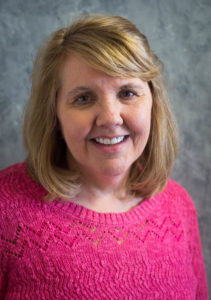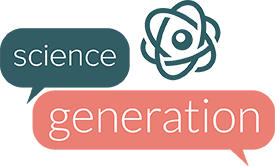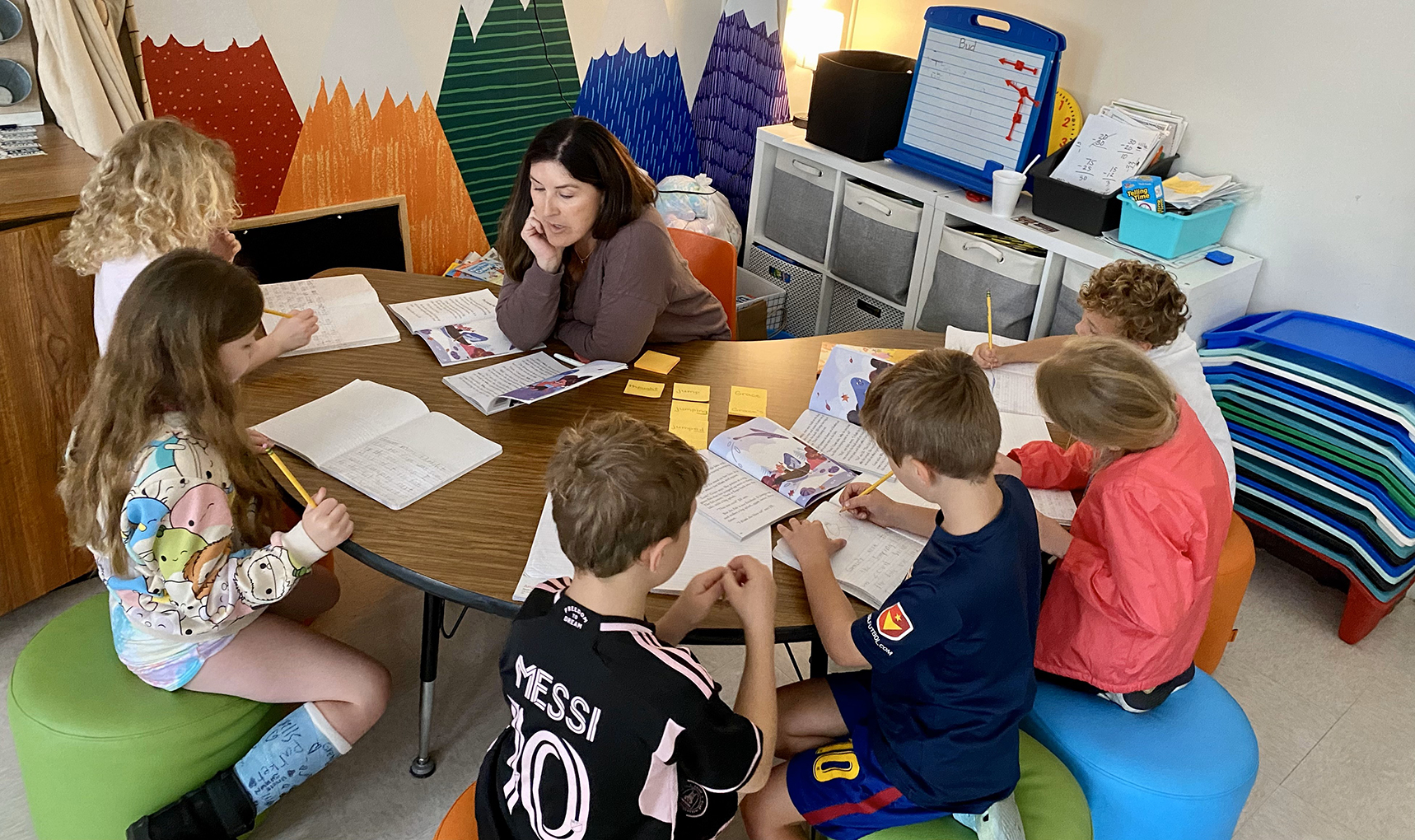
Teresa Rogers
By Teresa Rogers
teresa.rogers@education.ky.gov
Reading, interpreting and producing text are fundamental practices in science that constitute at least half of an engineer’s or scientist’s total working time.
What role does literacy play in your middle school classroom? Are students developing the disciplinary literacy skills needed to read, write and discuss science texts as described in the K-12 Framework for Science Education? Students may be immersed in nonfiction texts in their English/language arts classroom, but you hold the key to developing the skills needed to grasp the deep concepts of science texts.
 Science texts contain many technical, discipline-specific words as well as many all-purpose academic words. Words such as “model,” “relationship” and “argument” have multiple meanings that are critical to understanding disciplinary core ideas. Science teachers routinely build students’ content vocabulary, but many overlook, or are unaware of, the critical role these academic words play in comprehension. Students who are unable to connect how these are applied to the discipline struggle not only with reading the texts, but also with comprehending the concepts being taught.
Science texts contain many technical, discipline-specific words as well as many all-purpose academic words. Words such as “model,” “relationship” and “argument” have multiple meanings that are critical to understanding disciplinary core ideas. Science teachers routinely build students’ content vocabulary, but many overlook, or are unaware of, the critical role these academic words play in comprehension. Students who are unable to connect how these are applied to the discipline struggle not only with reading the texts, but also with comprehending the concepts being taught.
To encourage and support the development of academic language, the Strategic Education Research Partnership created Science Generation (SciGen). This free resource, including student and teacher materials, is designed to increase students’ opportunities to develop academic language, discussion and argumentation skills. There are 18 one-week units – approximately five sessions each – designed around three topics:
- Scientific Thinking and Preparing a Scientific Investigation
- Measurement and Life Science
- Energy and Introductory Chemistry Concepts
In addition to academic language, SciGen units promote academically productive talk, discussion and debate within the classroom. Lessons are designed to explicitly teach these skills, including tools to support both students and teachers.
SciGen can be used as a stand-alone unit or integrated throughout your course sequence. Although you may use it only in your classroom, it was designed to provide opportunities for students to encounter the academic vocabulary in new contexts. Each unit includes a 15- to 20-minute activity related to the central question of the week, to use in an English language arts, math or social studies class. These extensions provide multiple opportunities for students to expand and build relevant knowledge beyond your science classroom.
Although research supports a cross-curricular approach to developing academic language, teachers and leaders need to consider multiple factors. As with any new instructional tool, it is imperative to examine the needs of students, quality of the materials and professional learning needs of teachers to implement the program with fidelity.
Ultimately, science teachers themselves are in the best position to help their students grow in the disciplinary literacy specific to science. Students will do best when their science teachers regard teaching science literacy as part of their job.
Teresa Rogers serves as a literacy consultant with the Kentucky Department of Education. Prior to her current position, she spent 20 years teaching health sciences and special education. Rogers is a graduate of Morehead State University and Campbellsville University.



Leave A Comment